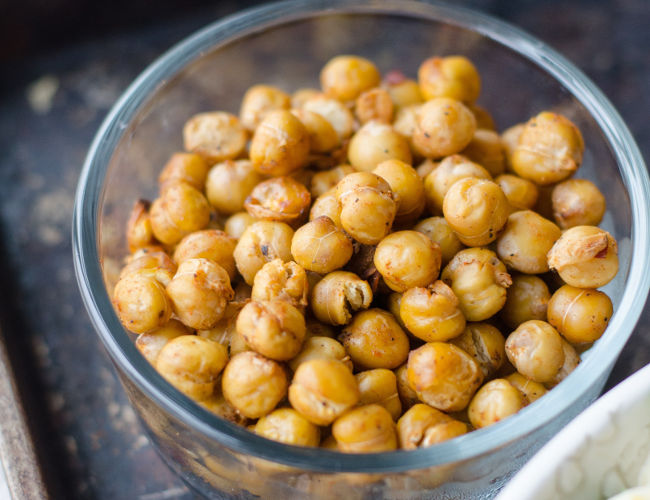Join now
Which statements are true and which are false?
Protein Quiz
PROTEIN – THE BASIS OF ALL LIFE
The function of protein in our body is too often reduced to muscle growth. But protein is much more as it plays a key role in metabolism and our health. Proteins are considered as an important brainfood because they are involved in both learning processes and the transport of information in the brain. With their help, information can be passed on and retrieved quickly. In addition, proteins have other important tasks in our body.
WHAT FUNCTIONS DOES PROTEIN HAVE

Although protein contains just as much energy as carbohydrates, our body uses it mainly as a building material and not as an energy supplier. In addition to our muscles and connective tissue, important metabolic helpers such as hormones and enzymes are also built from protein structures. Furthermore, messenger substances that are important for brain function are produced from selected protein building blocks, the essential amino acids. These messenger substances, also called neurotransmitters, have the important task of transferring information from brain cell to brain cell. A fundamental step for good thinking!
WHAT ARE AMINO ACIDS?
Proteins are made up of chains of amino acids. The length and type of amino acids present determine what kind of function the protein has in the body. Our bodies can produce certain amino acids while others can’t be produced, making them essential amino acids. There are a total of eight essential amino acids that must always be ingested through food.
WHAT FOODS PROVIDE PROTEIN?
There are some animal and vegetable foods that contain significant amounts of protein. The essential amino acids are mostly contained entirely in animal foods. These include meat, fish, eggs, milk and dairy products such as cheese, quark, yoghurt or kefir. Vegetable foods with a higher protein content include legumes (e.g. beans, peas, lentils, sweet lupins), pseudocereals (e.g. quinoa, amaranth, buckwheat), grains (e.g. oats, spelt, rye, millet) as well as nuts and seeds. Since both plant and animal foods have their advantages and disadvantages, you should use as many different sources of protein as possible.

HOW MUCH PROTEIN DO I ACTUALLY NEED

There is a constant build-up and breakdown of structures in our body, which means that new building materials are constantly needed. Since we have no storage for protein, we have to ensure that the daily protein requirement is covered by food. The general recommendation is 0.8-1.0 grams of protein per kilogram of body weight. Thus, a person weighing 70 kg, should consume about 70 g of protein daily. If you exercise regularly (at least twice a week) or would like to reduce body fat and maintain muscle mass through a low-calorie diet, your protein requirement is increased and is 1.2-1.5 grams of protein per kilogram of body weight.
HOW CAN I MEET MY PROTEIN REQUIREMENTS
Try to eat protein-rich food with every main meal. Foods with a particularly high protein content include fish, meat, eggs, quark, hard cheese and legumes. If your main course does not contain a source of protein, you can use a protein-rich dessert such as quark or yoghurt. Snacks should also be high in protein. Good examples are boiled eggs, vegetable sticks with quark, natural yoghurt with berries or simply kefir. This does not only help to cover the protein requirement, but also has a positive effect on your blood sugar level and prevents performance slumps during work. Since vegetable protein sources usually do not contain all the essential amino acids, you should pay attention to the combination of different plant-based protein-rich foods. A good starting point is always the combination of grains with legumes, e.g. quinoa with lentils or buckwheat with chickpeas.
Did you know?
Protein digestion produces metabolic products that are harmful to the body. In order to get rid of these again, attention should be paid to an adequate fluid intake of at least 1.5 liters daily.



